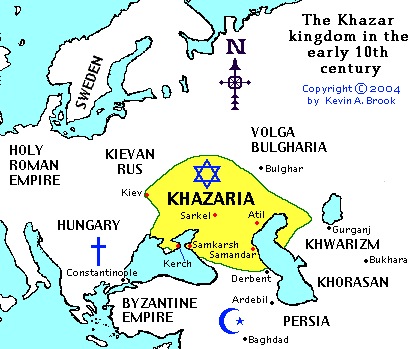
Dr. Eran Elhaik
Career
- BSc (1999) Israel, Open University (double major in Computer Science and Business)
- PhD (2009) Texas, University of Houston
- Postdoctoral Research Fellow (2009-2011) Maryland, Johns Hopkins University, School of Medicine
- Postdoctoral Research Fellow (2011-2013) Maryland, Johns Hopkins University, School of Public Health
- Research Associate (2013-2013) Maryland, Johns Hopkins University, School of Public Health
- Lecturer (2014-present) University of Sheffield
Dr. Elhaik's research centers on identifying and addressing BIG QUESTIONS in biology from multiple fields such as:
- Complex disorders, particularly mental health disorders
- Population genetics (biogeography, population structure, DNA reconstruction)
- Personalised medicine (prescribing medicine based on biogeography)
- Molecular evolution (molecular clocks, evolution rates)
- Genomics (genome evolution, phylogeny)
- Paleo-genomics (Adam Y chromosome, ancient genomes)
- Epigenetics (methylation, gene expression, regulation)
My research is multidisciplinary and requires computational and statistical skills alongside epidemiological and mathematical skills. For example, in Elhaik (2013a) I designed a dedicated microarray for genetic genealogy, in Elhaik (2013b) I showed that the origin of European Jews is from the Khazars, in Elhaik (2014a) I dated the most ancient human Y chromosome known as "Adam" Y chromosome, and in Elhaik (2014b) I developed the GPS tool that uses DNA to predict geographical origin of populations with an extreme accuracy.
Current research topics include:
- Identifying the environmental causes of autism and developing therapeutic methods
- Identifying the "Missing Link" between human and ape
- Predicting the geographical origins of ancient populations
- Developing applications for personalised medicine and stem cell therapy
Dr. Elhaik will discuss his study...
The Missing Link of Jewish European Ancestry: Contrasting the Rhineland and the Khazarian Hypotheses
Abstract
The question of Jewish ancestry has been the subject of controversy for over two centuries and has yet to be resolved. The “Rhineland Hypothesis” depicts Eastern European Jews as a „population isolate” that emerged from a small group of German Jews who migrated eastward and expanded rapidly. Alternatively, the „Khazarian Hypothesis” suggests that Eastern European Jew descended from the Khazars, an amalgam of Turkic clans that settled the Caucasus in the early centuries CE and converted to Judaism in the 8th century. Mesopotamian and Greco-Roman Jews continuously reinforced the Judaized Empire until the 13th century. Following the collapse of their empire, the Judeo-Khazars fled to Eastern Europe. The rise of European Jewry is therefore explained by the contribution of the Judeo-Khazars. Thus far, however, the Khazar's contribution has been estimated only empirically, as the absence of genome-wide data from Caucasus populations precluded testing the Khazarian Hypothesis. Recent sequencing of modern Caucasus populations prompted us to revisit the Khazarian Hypothesis and compare it with the Rhineland Hypothesis. We applied a wide range of population genetic analyses to compare these two hypotheses. Our findings support the Khazarian Hypothesis and portray the European Jewish genome as a mosaic of Caucasus, European, and Semitic ancestries, thereby consolidating previous contradictory reports of Jewish ancestry. We further describe major difference among Caucasus populations explained by early presence of Judeans in the Southern and Central Caucasus. Our results have important implications on the demographic forces that shaped the genetic diversity in the Caucasus and medical studies.
Dr. Elhaik's study challenges commonly held assumptions about Jewish ancestry. Instead of being primarily the descendants of the 12 tribes of Israel, present-day Jewish populations are, finds Elhaik, primarily the children of a Turkish people who lived in what is now Russia, north of Georgia, east of Ukraine. This civilization, the Khazars, converted from tribal religions to Judaism between the 7th and 9th centuries.








